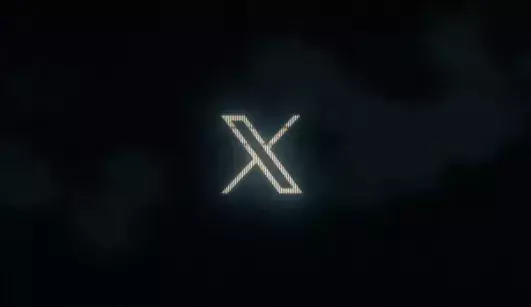The social media platform X, formerly known as Twitter, has made headlines once again for re-establishing its operations in Brazil following a temporary ban. With an estimated 20 million users eager to return, this reinstatement could symbolize a resurgence for the platform amidst rising competition from platforms like Threads and Bluesky. However, the context surrounding this comeback raises important questions about free speech, government intervention, and the ethical responsibilities of tech companies.
The tumultuous journey of X in Brazil began when the platform was initially suspended by government authorities due to its perceived failure to comply with requests for removing certain user accounts. These accounts were linked to the controversial belief that the 2020 Brazilian elections were “stolen,” a claim that lacked substantial evidence yet continued to gain traction among some user segments. In a politically charged environment, the Brazilian Supreme Court’s ruling demanded the removal of these accounts to curb the spread of misinformation—an effort to protect both democratic integrity and public trust in institutions.
X and its owner, Elon Musk, initially resisted such governmental directives, citing principles of free speech and arguing against perceived censorship. This position highlighted a paradox of modern social media landscapes: the balance between promoting unrestricted speech and the responsibility to mitigate harmful misinformation. Musk’s refusal to comply was, in essence, a stand against what he viewed as governmental overreach—a choice that arguably stemmed from his previous associations with ousted President Jair Bolsonaro.
The crux of the issue lies in the philosophical clash between two significant ideals: unfettered free speech and accountable governance. Musk has cultivated an image as a staunch advocate for free speech, regularly taking to social media to denounce any actions that resemble censorship. Yet, this recent compromise with Brazilian authorities calls his rhetoric into question. What implications does his agreement to comply with the removal requests have for his proclaimed beliefs?
Critically, this situation raises concerns about the power dynamics at play in the regulation of social platforms. If a government can compel a social media giant to remove content or accounts based on the subjective interpretation of “misinformation,” how does that shape the contours of public discourse? While the intention behind these efforts may be to curb harmful narratives, it also poses risks of excessive control and the potential for abuse of power by governmental bodies.
The decision for X to acquiesce to local demands was not merely ideological; it was also economically motivated. After a month-long ban, the platform assessed the fallout: lost revenue and user engagement. Musk’s previous compliance refusal, framed as a principled battle against what he deemed corrupt practices, ultimately forced X to navigate a precarious economic landscape where profits dwindled. Faced with this reality, X not only complied with the Brazilian government’s requests but also paid a hefty $5 million in fines—indicative of the platform’s tumultuous trajectory during this episode.
Such financial ramifications speak volumes about the complexity of modern tech governance. Decisions are no longer just doctrinal; they impact livelihoods, investors, and the broader economic fabric of companies relying on user engagement. This intersection of ideology and commerce complicates the narratives around freedom of expression, especially in countries where misinformation can lead to civil unrest.
The reinstatement of X in Brazil, while celebrated by millions, serves as a pivotal moment in the ongoing discourse around regulation, freedom of speech, and the ethical responsibilities of tech giants. As the platform resumes operations, it must contend with the turbulent relationship between its foundational principles and the realities imposed by national governments.
While many users welcome the return of X, the underlying tensions regarding accountability, misinformation, and governmental influence remain unresolved. Elon Musk’s decision to comply is a reminder of the need for a balanced approach—where social media platforms can reclaim their user base while responsibly engaging with issues of free expression. The path ahead for X may be fraught with challenges, but it also presents opportunities for rigorous dialogue about the future of social media in a world that increasingly grapples with the consequences of digital discourse.

